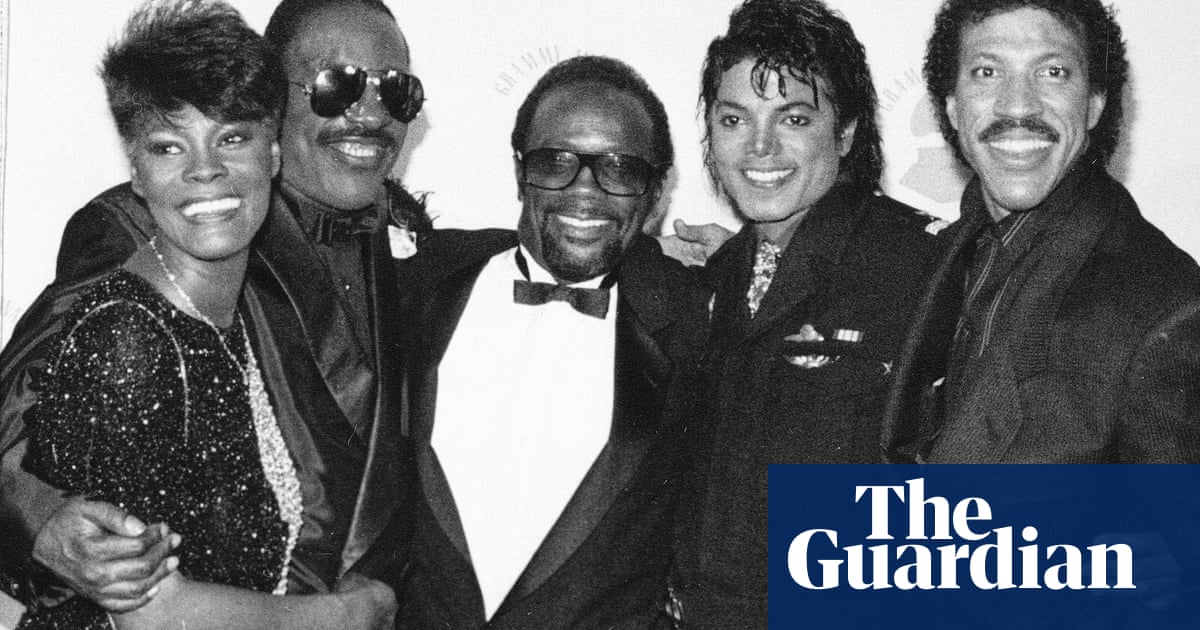Throughout his 91 years, Quincy Jones accomplished an impressive array of achievements in the entertainment industry. He excelled as a musician, arranger, composer, solo artist, record company executive, mogul, entrepreneur, and producer not only in music but also in films and TV. In a notable 2018 profile by Chris Heath, Quincy Jones Has a Story About That, it was revealed that he had connections with a wide range of artists spanning generations. From Dizzy Gillespie and Miles Davis to Dr. Dre and The Weeknd, Quincy Jones had worked with them all. He referred to himself as “the ghetto Gump,” drawing parallels to Forrest Gump, as he navigated through different eras and genres of music, collaborating with artists such as Elvis Presley, Amy Winehouse, Count Basie, Bono, Nat King Cole, and Young Thug. His influence extended to iconic works like Sinatra At the Sands and Harry’s House by Harry Styles.
His extraordinary career is unparalleled. How did he manage to achieve such success? Quincy Jones’s drive and determination were evident, perhaps stemming from a challenging childhood. Born in the turbulent South Side of Chicago during the Great Depression, Jones faced hardships early on. He was stabbed through the hand at the age of seven and experienced poverty to the extent of having to eat rats while living with his grandmother in Kentucky. His mother’s mental health struggles led to her hospitalization, and his father’s remarriage to an abusive woman added to his tumultuous upbringing.
Jones’s talent was undeniable, evident when he was invited to leave college to work with renowned vibraphonist Lionel Hampton. This opportunity kickstarted his career, leading him to collaborate with a diverse range of musicians, from big-band legends like Count Basie and Gene Krupa to emerging jazz stars like Clifford Brown and Cannonball Adderley. His versatility and open-minded approach allowed him to seamlessly transition between different genres and styles, solidifying his reputation as a prolific arranger and conductor.
As Jones ventured into the music business, he showcased his adaptability and creativity. From producing Lesley Gore’s hit song It’s My Party to arranging and conducting for Frank Sinatra and the Count Basie Orchestra, Jones demonstrated his range and skill. His foray into film composition, notably with the soundtracks for The Pawnbroker and In Cold Blood, further showcased his musical prowess and earned him critical acclaim, including an Oscar nomination as the first African-American composer.
Transitioning from jazz to a fusion of soul, funk, and jazz, Jones continued to innovate with his albums, incorporating a mix of genres and collaborating with a diverse lineup of musicians. His partnership with Michael Jackson resulted in groundbreaking albums like Off The Wall and Thriller, where Jones’s influence was evident in the intricate arrangements and diverse musical styles. Their collaboration changed the landscape of pop music and solidified Jones’s reputation as a visionary producer.
Beyond his work with Michael Jackson, Jones continued to push boundaries and challenge norms in the music industry. He orchestrated remarkable collaborations, such as bringing together Miles Davis, Ella Fitzgerald, Dizzy Gillespie, Barry White, and Ice-T on a single album. His success extended to TV and film production, showcasing his versatility and innovative spirit even in his later years.
Quincy Jones’s legacy is vast and multifaceted, making any posthumous evaluation merely scratch the surface of his contributions. His ability to transcend genres and generations, coupled with his unwavering dedication to his craft, cements his status as a true icon in the entertainment industry. Quincy Jones could do it all, and his remarkable career serves as a testament to his unparalleled talent and influence.
“
